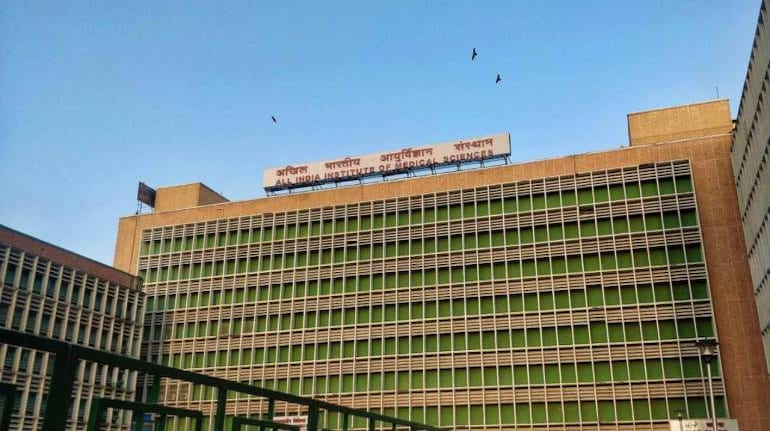



The All India Institute of Medical Sciences (AIIMS) Delhi announced on February 9 that it will discontinue routine COVID-19 testing before inpatient hospitalisations and surgeries.
This will be applicable to both regular and daycare hospitalisations, minor and major surgeries/ interventional, non-interventional procedures and imaging in clinically asymptomatic patients/ including OPD and Emergency patients along with those who were earlier COVID-19 positive but have recovered and been transferred to the inpatient ward for continued treatment, a circular issued by AIIMS Delhi read.
It will be the duty of all Centres and Heads of all clinical and diagnostic departments in the hospital to bring to the notice of all faculty, resident doctors, technical staff, and nursing staff.
The decision has been taken in line with the current Indian Council of Medical Research (ICMR) national guidelines.
Follow our coverage of the coronavirus crisis here
Discover the latest Business News, Sensex, and Nifty updates. Obtain Personal Finance insights, tax queries, and expert opinions on Moneycontrol or download the Moneycontrol App to stay updated!
Find the best of Al News in one place, specially curated for you every weekend.
Stay on top of the latest tech trends and biggest startup news.